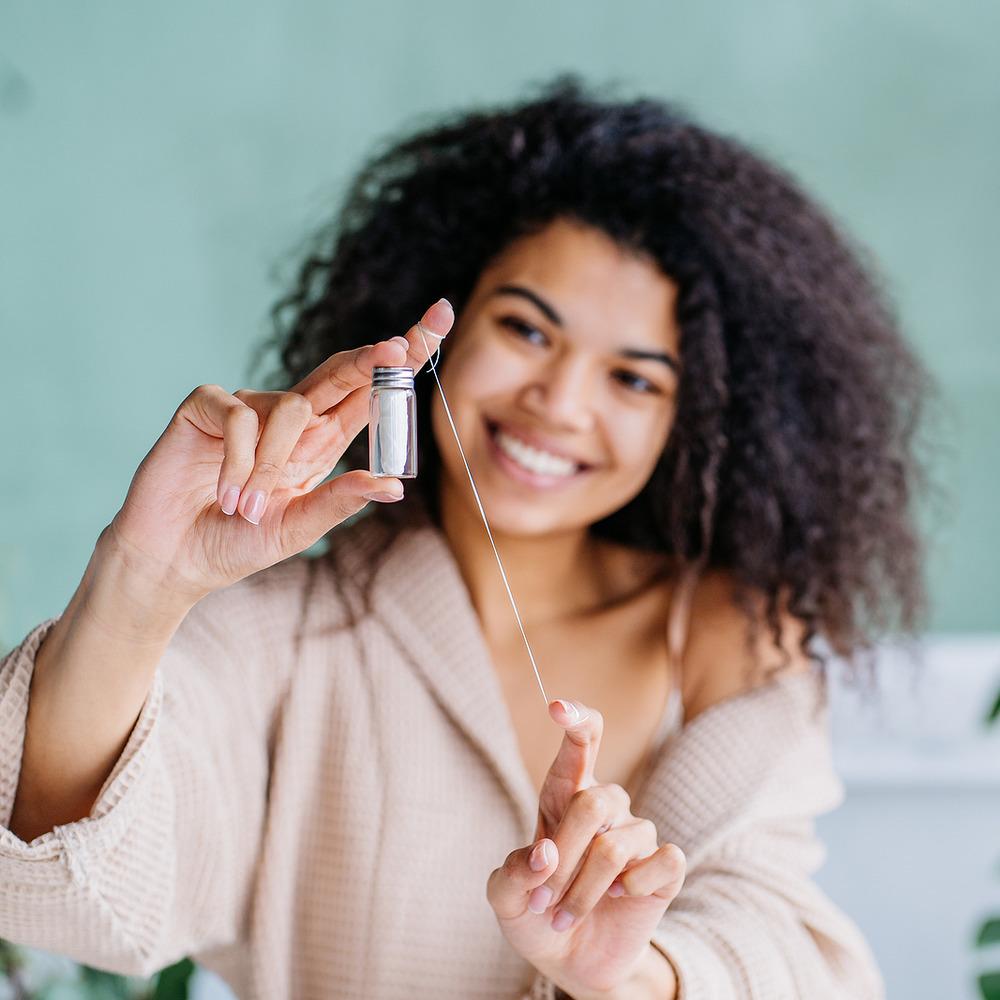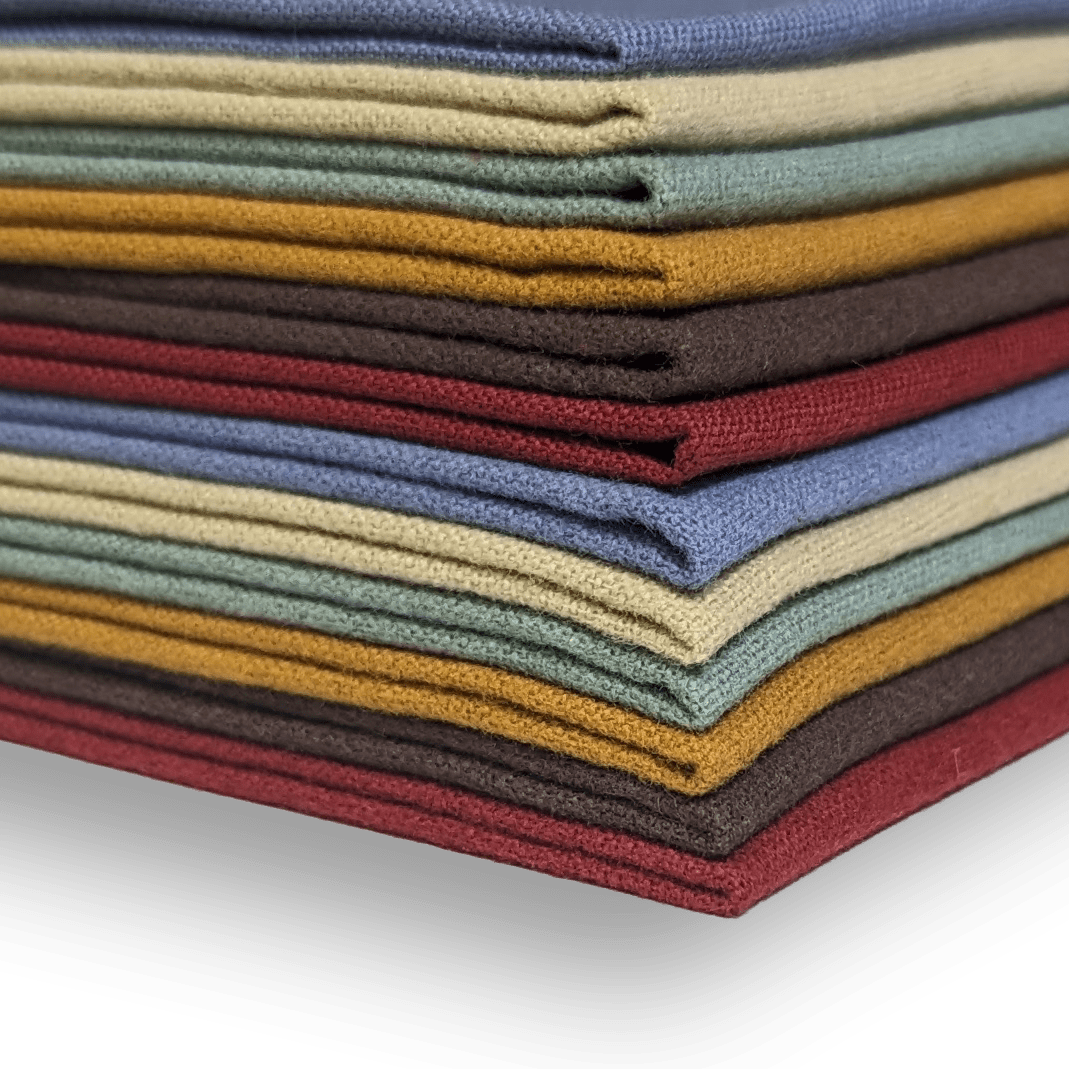If everyone in America flossed twice a day for just one year, we’d generate enough waste to wrap the floss around the earth three times. Conventional floss is undoubtedly wasteful, but cleaning in between your teeth is an essential part of your hygiene. Plaque builds over time and food becomes lodged in between teeth, creating a perfect breeding ground for bacteria that can cause harm to your teeth and gums.
So you’ve gotta remove all that icky plaque and buildup, but you’re also mindful of your waste. Let’s talk about conventional floss, why it’s harmful, and what you can do to make a powerful, positive change for your body and our earth!
Is Floss Bad?

Anyone who has seen a ted talk in the last fifteen years knows that our oceans are filling up with plastic.
National Geographic estimates that without significant changes towards waste reduction, there will be 99 million tons of plastic in the environment by 2030. The EPA found that in 2018 alone, the U.S. generated 35.7 million tons of plastic. Americans consume monumental amounts of single-use plastics, and big oil companies have tricked us into thinking it gets recycled when it actually only does about 8.7 of the time, says National Public Radio.
So then what’s the big deal about floss? It seems like such a small, irrelevant material, so how much could it really contribute to the plastic crisis?
Floss is made of plastic.

Yep, it's true-- floss is made of plastic. We're disappointed, too. Just like with most other plastics, the production and disposal of dental floss causes harm to the environment. Here’s why.
First, making dental floss exacerbates the greenhouse effect and global warming. Strands of conventional floss are usually made of Teflon or nylon, which are synthetic polymers, AKA plastics, that are refined with petroleum oil.
Analysis from the Energy Information Administration found that the process of burning and refining petroleum was responsible for half of all CO2 emissions in 2018. You’ll have to get a bigger pair of shoes to fit that inflated carbon footprint if you want to keep using standard floss.
Throwing floss away may not seem like a big deal because it’s such a small piece of waste. Remember: Just because something is small doesn’t mean its impact is too. Microplastics like floss don’t decompose, so they will be floating in the ocean alongside our water bottles and straws for generations to come.
Conventional Floss Contains Potentially Dangerous Chemical
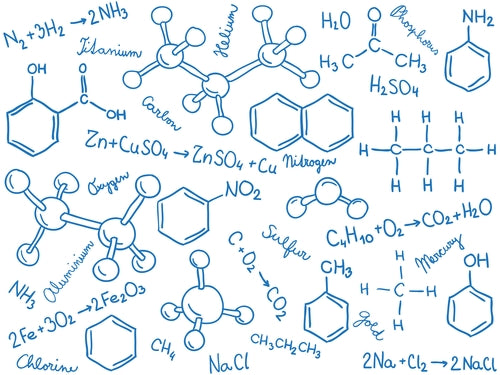
Recent studies have shown significant evidence that using conventional dental floss can result in concentrations of a group of potentially harmful chemicals called PFAS in the body.
The EPA describes PFAs as man made chemicals that are used in many things all around us-- from nonstick pans to stain repellent fabrics to dental floss, the chemicals are present. This summary from Harvard explains how one study found that women who used conventional floss had higher levels of PFAS in their blood.
The EPA says buildups of the chemicals caused liver, kidney, reproductive, developmental, and immunological effects when tested in controlled lab animal studies.
Even if you don't acquire a buildup of PFAS in your system, it’s beneficial to reduce the number of excess, man made chemicals you’re exposed to.
By now, you're not too excited about the grocery store floss options. They're plastic, they're ridiculously wasteful, and they may pose health risks. You’re ready to move away from your conventional, plastic floss, but you don’t know what to replace it with. Let's explore some of your options.
What are the Alternatives to Dental Floss?
Silk Floss

One of the newest options on the market is silk floss. This innovative floss is made from the silk of silkworms, so it’s 100% natural and biodegradable. No PFAS, no plastic, no waste. Silk floss usually comes with a small, reusable glass jar to store it.
One issue many consumers find with silk is that it isn't vegan because acquiring silk from silkworms entails boiling the pod, which kills the worm. Silk floss also tends to be easily broken because the fibers are fragile. Luckily, there is another option that is durable and fit for vegans...
Bamboo Floss
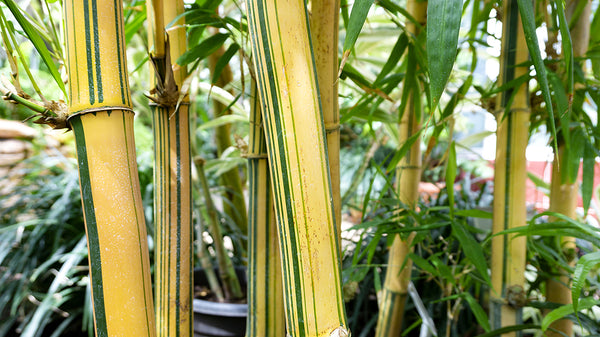
Trendy charcoal-infused bamboo floss has taken the zero-waste hygiene market by storm! Bamboo is tremendously sustainable because it grows remarkably fast and requires few resources to grow, transport, and process. Its CO2 output throughout its lifecycle is much lower than the emissions used to create plastic floss!
Bamboo floss comes as a spool (with no plastic center) in a tiny, recyclable cardboard box. You store your spool in the small glass jar that comes with the floss when you first order it (or you can dress it up with this refillable bamboo case for your floss).
Both the glass jar and its metal lid can be recycled at the end of their lives. The floss itself is infused with charcoal to aid in removing plaque and whitening your teeth. When the spool is almost out, you simply order an inexpensive refill and keep on flossin’.
Be careful when purchasing bamboo floss-- some types of this alternative option actually contain 20% plastic to strengthen the strand. We think this is counter-intuitive, so the bamboo floss we carry at Zero Waste Outlet doesn’t fall into this category. Products like Mother Earth Charcoal Floss are 100% biodegradable. Bury the floss in under a layer of dirt or throw it in your compost and let it decompose in 60-90 days. That’s way better than your used floss ending up in a landfill or the ocean where it could migrate to a sea animal’s stomach.
More Alternative Flossing Methods
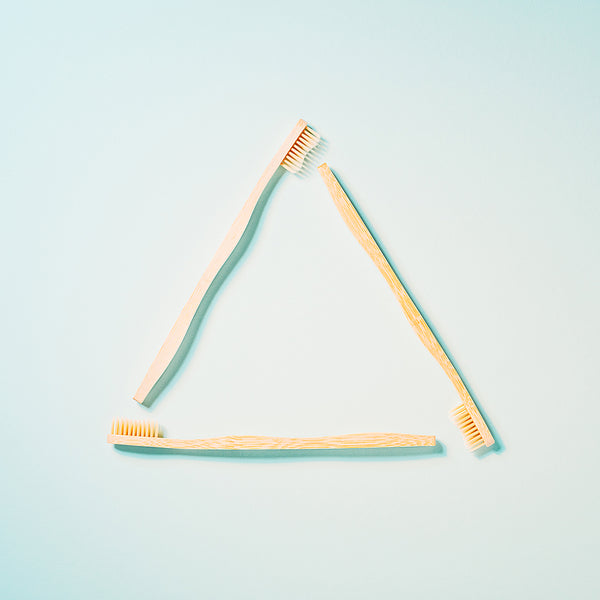
While we believe bamboo and silk are the best options for eco-friendly flosses, new products are also gaining some traction.
Starch-based floss and floss picks have entered the market, though seems to be little reliable information online regarding the environmental efficacy of starch-based products. Some fans of silk and bamboo floss have also suggested that hemp, a sustainable plant-based material, could be turned into floss to create another vegan and biodegradable option. You could also go old-school and use wooden toothpicks, which will decompose, to clean your teeth!
Now you've got some idea of what the right eco-friendly floss for you will be! Are you ready to make the leap?
Ditch Your Floss!
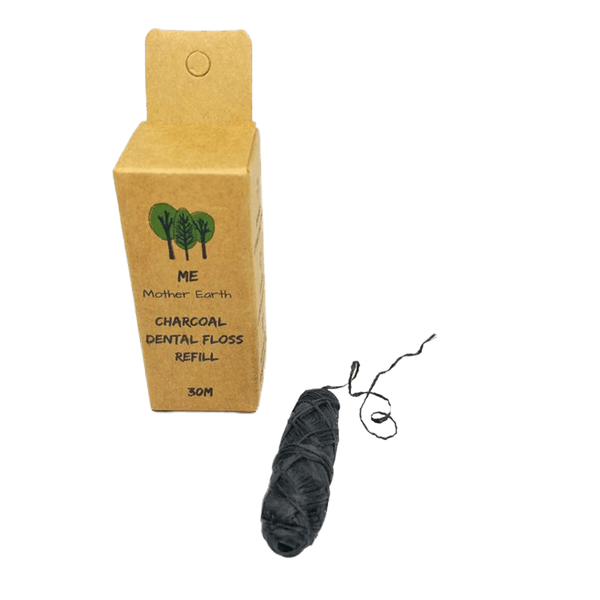
Now that you know the risks and harms associated with traditional floss, make a change for the better and swap your old floss with a fun alternative, like bamboo charcoal-infused floss. Whether you're a seasoned flosser or you're ready to get started, set that cute little glass jar on the bathroom counter and start flossin' the eco-friendly way!

